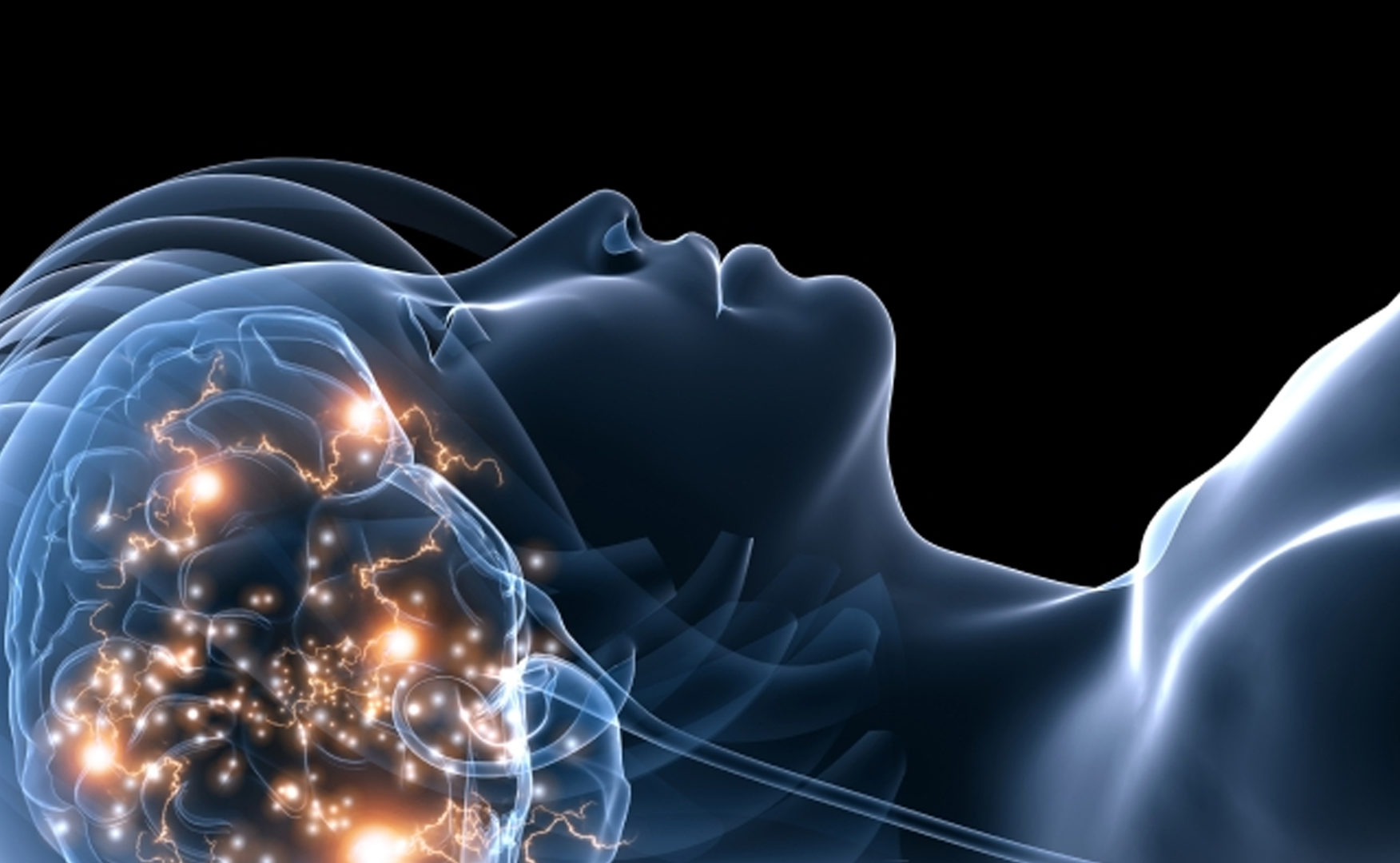We spend a third of our lives asleep. Every organism on Earth—from rats to dolphins to fruit flies to microorganisms—relies on sleep for its survival, yet science is still wrestling with a fundamental question: Why does sleep exist? During Shakespeare and Cervantes’ time, sleep was likened to death, with body and mind falling into a deep stillness before resurrecting each new day. In reality, sleep is a flurry of action. Trillions of neurons light up. The endocrine system kicks into overdrive. The bloodstream is flooded with a potent cocktail of critically vital hormones. Such vibrant activity begs the question: Where do we go when we go to sleep? Based on new sleep research, there are tantalizing signposts. We delved into the one-eyed, half-brained sleep of some animals; eavesdropped on dreams to understand their cognitive significance; and investigated extreme and bizarre sleeping behaviors like “sleep sex” and “sleep violence.”















